Healing from Addiction and Anxiety
A Path to Recovery with Comprehensive Treatment
Integrative Approach for Real Impact

Compassionate Therapists to Guide Your Recovery

Tools and Support to Achieve Lasting Change
Break Free of the Vicious Cycle of Anxiety and Addiction
Anxiety and addiction often go hand in hand. You or your loved one might use substances to cope with the daily overwhelm of anxiety. Maybe you were prescribed medication but then increased your use thinking it would provide more relief. Now you find yourself with a compounding struggle that feels impossible to escape.
Or you or your loved one may struggle with alcohol or substances, and experience increased anxiety as a result of ongoing abuse. As your anxiety grows, you return to substances to find relief but can’t seem to find a way out.
You find yourself:- Craving more of a substance to numb your emotions
- Experiencing feelings of fear, panic, or worry
- Overwhelmed by your responsibilities and relationships
- Stuck in a cycle that feels hopeless
Overcome Anxiety and Addiction with Support at Shadow Mountain Recovery

Recognizing Anxiety
Sometimes anxiety can seem invisible or difficult to identify because it presents differently for everyone. While everyone experiences stress and anxiety sometimes, it’s important to understand the difference. Stress is typically a response to a perceived threat in a particular situation, while anxiety is a reaction to the ongoing effects of stress.
Anxiety disorders develop from a combination of factors, including brain chemistry, traumatic events, genetics, environment, and personality. Even though anxiety disorders are the most common mental illness in the United States, they often go untreated. Understanding the differences among anxiety disorders can clarify your path to recovery.
General Anxiety Disorder (GAD)
People with Generalized Anxiety Disorder (GAD) experience consistent worry and struggle to focus. Their mind cycles from one concern to the next, with no end in sight. Sometimes people with GAD believe their level of worry is normal, but their fixation and intensity are far greater than most people’s everyday concerns. Even though the feelings seem all-consuming, they are usually unfounded.
Panic Disorders
People with panic disorders have severe anxiety that causes panic attacks, which are brief episodes of intense fear. During a panic attack, an individual may experience physical symptoms that resemble a heart attack and may feel dizzy or short of breath.
Obsessive-Compulsive Disorder (OCD)
People with Obsessive-Compulsive Disorder (OCD) experience obsessions and compulsions. Obsessions are distressing or anxious thoughts, visions, or urges that are intrusive and undesired. Compulsions are behaviors a person feels forced to engage in to find relief from worry or stress. Some of these behaviors are apparent, while others are thought-based.
Social Anxiety Disorder (SAD)
Social Anxiety Disorder (SAD), or social phobia, is an irrational fear of social interactions. Typical fears associated with this condition include:
- Being in crowded places
- Engaging in social activities
- Public speaking
- Other forms of public interaction
SAD may co-occur with other anxiety disorders, such as panic disorder, which can lead to intense fear in public spaces, or agoraphobia, a fear of situations or places that cause the person to feel powerless or unable to cope. A common misconception of people with social anxiety is that alcohol will lessen their symptoms, but it usually worsens them.
Post-Traumatic Stress Disorder (PTSD)
Post-Traumatic Stress Disorder can develop anytime after a traumatic event has been witnessed or experienced. Even after the threat has passed, a person with PTSD continues to feel stressed and fearful. It has a profound impact on both the person and those around them.
Often people with PTSD suffer from a variety of challenges, including:
- Flashbacks
- Feelings of anxiety, guilt, or sadness
- Insomnia or nightmares
- Paranoia
- Irritability or anger
Phobia Anxiety Disorder
People with phobias experience an unreasonable, incapacitating fear of a particular thing, circumstance, or animal. People with this type of anxiety will go to great lengths to avoid what they are afraid of, even if doing so interferes with their daily lives. The fear of heights, flying, and the dread of enclosed places are some of the most prevalent phobias.
Address Anxiety and Addiction in a Way that Works

Understanding Anxiety and Addiction
Addiction and anxiety can significantly affect your mental and physical health. But seeking treatment for anxiety or addiction in isolation doesn’t usually lead to effective outcomes.
Just like struggles with anxiety can lead to substance abuse, seeking to interrupt this cycle can intensify the struggle. Detoxing from a substance can result in increased anxiety. Often breaking out of the cycle of addiction and anxiety requires professional help from a team that understands the impacts of co-occurring disorders.
Give Yourself the Chance to Change
Testimonials
Our Approach to Addressing Anxiety and Addiction
Getting to the underlying cause of your anxiety and addiction can help you find the freedom to end the destructive cycle. At Shadow Mountain Recovery, our team uses a whole-person approach to create a personalized treatment plan to help you recover successfully.
At Shadow Mountain Recovery, you can expect:
- A safe environment to reflect and heal
- A supportive team of trained professionals
- Diverse therapies to meet your needs
- Ongoing support to sustain your recovery
Experience Comprehensive Care and Lasting Impact
Find the Path to Healing at Shadow Mountain Recovery
At Shadow Mountain Recovery, we understand that many barriers can stand in the way of getting needed treatment for lasting recovery. We’re committed to helping you understand the available treatment options and never want financial concerns to hinder your healing. We accept most major insurances, and our admissions team is equipped to support you in maximizing your benefits to access quality care.
Take Your First Step Toward Freedom


